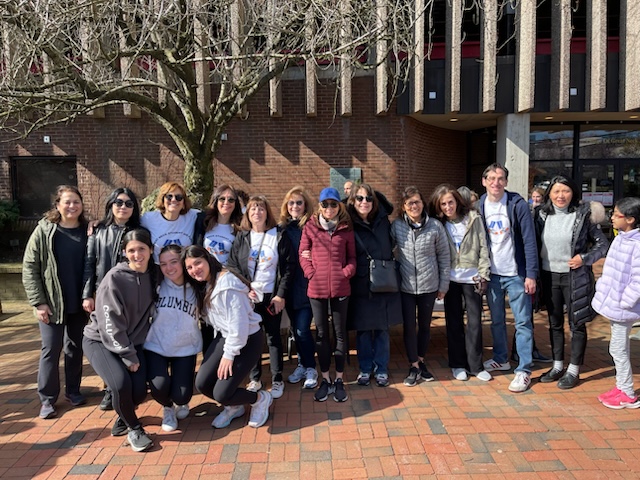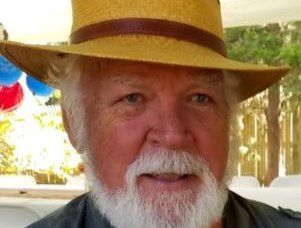Many people seem to confuse democracy and capitalism. Some seem to think that capitalism defines our system of government. However, our governance is based on democratic principles, including the importance of voting. Capitalism is about economics, not governing.
Two central characteristics of capitalism are competition in the marketplace and the availability of information. Competition supports “choice” and freely available information supports informed choice. Wander supermarkets aisles and look upon the shelves. In each rack there are abundant choices of toothpaste, laundry soaps, and paper products with descriptions of ingredients and safety labels. Nevertheless, we as consumers must be aware; we must determine the truth in advertising.
Democracy as a governing system also has informed choice as a foundational characteristic. We can choose which political party to prefer, which candidate to support, and which policy proposals meet our criteria. However, we must seek the truth and become informed with facts. Given such choices, why do so many fail to vote?
The 2020 Presidential election campaigns spent almost $14 billion dollars and turnout was higher than any other in 120 years – yet one-third of eligible voters stayed away. Some were deemed ineligible, others had a lack of access or were afraid of the unofficial “marshals” monitoring voting sites, and still others were dissuaded from voting by disinformation spread through social media.
We need to do more to control efforts at disinformation, reduce limitations to voting, help voters learn the truth, and ensure the integrity of elections. We can choose to do more to ensure informed choices at the ballot box. But not choosing to do so is itself a choice, a choice that can lead to the demise of democracy.
The historian, Robert Artigiani, wrote that we should “choose to act so the act of choosing remains possible.” By failing to exercise our right to vote and failing to ensure the integrity of information promoted by campaigns, we have lost our chance to choose; we have chosen to act in a way that can lead to losing our right to choose.
That is what happens in authoritarian regimes, even though they may not start that way. Hitler was chosen democratically in 1932 before consolidating power. Putin was elected by popular vote first in 2000 and proceeded to institute constitutional changes in 2018 in order to allow him to remain in power. In both cases, the people made choices that resulted in the loss of future choices because they did not stay informed or act on their concerns in time to avoid the consequences.
The insurrection at the U.S. Capitol on January 6 resulted from a disinformation campaign of falsehoods that persists to this day. For democracy to survive, for there to be “a more perfect union,” we need an informed citizenry that understands and appreciates critical thinking, information literacy, and the instruments of democracy. We need objective journalism as the source of news.
We also need more flexibility in voting to meet the needs of our modern world. Voting by mail and early voting are steps forward but not the only steps we could take. Why is general election voting limited to the first Tuesday in November? Wouldn’t it make sense to allow voting over several days, as in some other countries? What about holding elections on a weekend, when fewer people would have to take time off from work in order to vote? In some countries, voting is mandatory, and fines can be imposed on those who do not vote.
Our vote is our voice. Voting is an act of choice and the exercise of our voice in expressing our values and priorities. We should make it easier to learn about candidates and issues, and vote. After all, our choice of leaders and policies is even more important than our brand of toothpaste.
Robert A. Scott of Seniors Take Action is the President Emeritus at Adelphi University and author of “How University Boards Work,” Johns Hopkins University Press, 2018.
This op-ed first appeared on amNY.com.

































